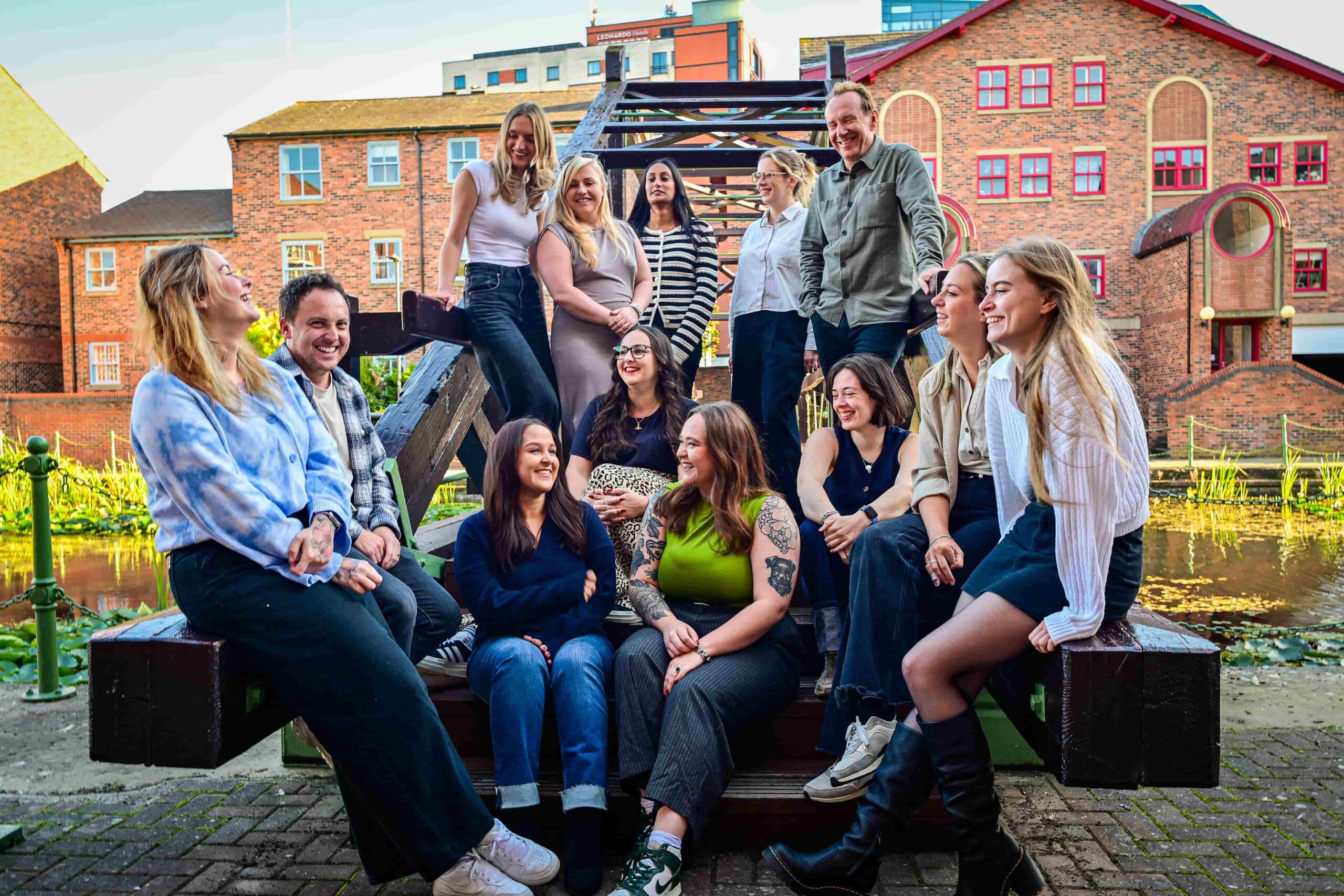I’ve recently moved house, which has meant stumbling across items I thought were long gone. One relic of the past I unearthed was an old Marketing textbook (according to the copyright statement this edition is from 2001).
I couldn’t resist taking a look at the sections on the ‘Internet’, ‘Websites’ and ‘E-commerce’ to see what it predicted three years before Zuckerberg launched The Face Book at Harvard, and long before Twitter was even a twinkle in Jack Dorsey’s eye.
What struck me was the brevity and vagueness of any web / e-commerce related sections – and a couple of cautious, but actually quite accurate predictions:
2001 prediction 1
“It is forecast that soon the bulk of music sales and banking transactions will be via e-commerce”
Well yes. According to Which? three high street bank branches closed in the UK every week in 2010. And we all wiped away a tear at Zaavi, Fopp, Tower Records, Woolworths, Music Zone and most recently HMV disappearing in part or in total from our high streets.
2001 prediction 2
“By 1998, five million purchases were made online in the UK, worth an estimated £500million. This figure is likely to be the start of a massive increase…”
They’re not wrong! According to the International Business Times, Brits will spend £87 billion online this year – that is a lot of Graze boxes.
2001 prediction 3
“In 1997, Seven million people used the internet. By 1998 this figure rose to 11 million… Internet will be a mass market activity by the beginning of the millennium…”
And some! According to The Guardian, 36 million Brits use the net every day (what are the other 30 million doing??) for a variety of reasons – mostly emailing, social networking, googling etc.
So if they got all this right, how come we still don’t have hover boards?
What happened next certainly didn’t appear in my bulky old textbooks – somewhere across the pond, computer geeks in their bedrooms were setting themselves up to be the billionaires of tomorrow – creating programmes and sites not for selling, but to socialise on – for what would later be known as LOLz.
Back then the authors couldn’t have foreseen how we’d clamour to create profiles and wink / poke at each other virtually, talk in 140 characters and smiley faces, put a retro filter over images of ourselves / our food /our pets, or replicate hundreds of pictures of a sad looking cat.
Would they have known we’d gladly publish our career histories to be searched by prospective employers or even that everyday people could whip up an audience bigger that The Sun’s with a single YouTube post? And if there wasn’t a fun, self-serving, social reason to be online, would we really be logging on so much to spend all of that £87billion?


